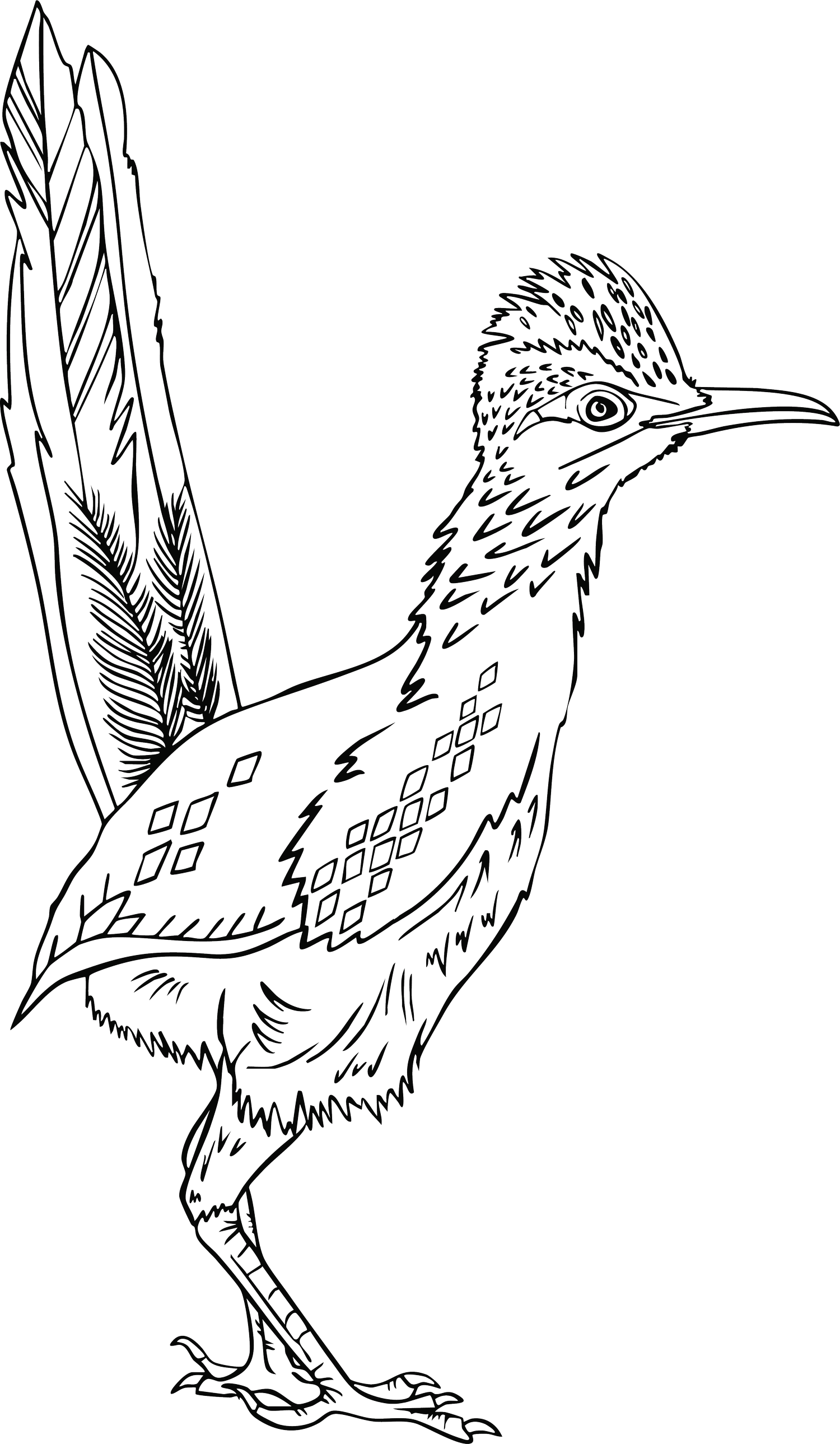Grief and Trauma Therapy arizona

Connection
&
compassion
About the encounter
A space for deep connection and expansion
where you can truly be seen.
Welcome.
Seeking therapy can be hard—and finding the right fit can be even harder. If you’re feeling ready to go deeper, you’ve found the right place.
The Encounter is rooted in an existential framework where therapy is more than a conversation- it’s a genuine, human connection. A sacred, attuned presence. It’s the type of connection where healing begins not by fixing, but by truly being seen.
Whether you’re grieving, carrying unprocessed trauma, or questioning the meaning of it all, I offer a space that embraces the parts of you longing to be seen and understood. It would be an honor to walk alongside you—to bear witness and accompany you as you return home to yourself.
hi, i’m Sarah
I’ll walk with you to the depths — and help you rise from them.
I am a Licensed Clinical Social Worker (LCSW) in Phoenix, Arizona, specializing in grief and trauma therapy. My work goes beyond surface-level coping—using trauma-informed and existential approaches to help you explore your pain, your patterns, and your potential for growth. I offer a relational and reverent space, grounded in the belief that healing happens through genuine connection.
here with you
·
here with you ·
areas of specialty
-

Grief/Traumatic Grief
-

Trauma
-

Palliative Care & end of life
-

Anxiety & OCD
-

Existential

Ritual
&
remembrance
“I wish I could show you, when you are lonely or in darkness, the astonishing light of your own being”
Frequently asked questions
-
Trauma refers to experiences—whether sudden or long-lasting—that overwhelm our sense of safety, leaving lasting impacts on how we think, feel, and relate to ourselves and others. Trauma isn’t defined by the event alone, but by how it affects your nervous system and sense of wholeness.
Examples of trauma can include things like unexpected loss, accidents, or natural disasters; ongoing stress such as childhood sexual abuse, emotional neglect , difficult relationships; or experiences of assault, discrimination, or systemic injustice.
A trauma-informed approach recognizes that healing happens in relationship, at your own pace, and with attention to safety, choice, and empowerment. Therapy provides a compassionate, safe space where you can gently explore the impact of trauma at your own pace, reconnect with your resilience and inner resources, and gradually build a greater sense of grounding, self-trust, and connection to yourself and others.
-
It’s not uncommon to feel more emotionally raw or vulnerable at certain points in therapy—especially as you begin to slow down and sit with things that were once hidden away. This doesn’t mean therapy isn’t working; quite the opposite actually. It makes so much sense that as you unearth different memories or emotions that it could be overwhelming. That is my role as your therapist, to help guide the way and walk alongside you as you increase your capacity to be with such painful experiences.
As we move through this together, we’ll move at a pace that feels okay for you. You’ll always have choice in what we explore, with an aim to help reconnect you to your most sacred asset- yourself. Through rebuilding your connection to your self and your wounded parts, you will start to notice a shift. Therapy isn’t about pushing through—it’s about honoring what your nervous system needs in order to heal.
-
You don’t need to have the words. We can begin with sensations, memories, or even just a feeling that something is there. We’ll move gently, in a way that honors your experience—spoken or not.
-
That’s understandable—and painful. Not all therapy is the same. It might not have been the right fit or the right depth. If you’re here now, something in you still has hope.
The therapeutic relationship is at the heart of healing. If for any reason I’m not the best fit, I will support you in finding someone who is. I encourage my clients to be open with me about their needs so we can build a strong, trusting connection.
-
Grief is an existential, emotional, and deeply intimate experience. There is no “right” way to grieve. Often, those around us see our pain and feel helpless—leading them to say things that, though well-intentioned, can feel dismissive or hurtful. This can leave us feeling even more alone and confused.
Grief is sacred. And it can also be unbearably painful.
Some common traumatic grief reactions include:
Intense longing or yearning that feels physical or unrelenting
Intrusive thoughts about the loss or the circumstances around it
Avoidance of reminders or painful memories
Guilt or self-blame, even when it doesn’t make sense
Anger or rage—toward yourself, others, or even the person who died
Disconnection from others or feeling like no one understands
Numbness, shock, or dissociation
Changes in sleep, appetite, or energy
Difficulty concentrating or remembering things
A sense that the world is no longer safe or meaningful
Spiritual confusion or existential crisis
Feeling like time has stopped, or that life has split into “before” and “after”
All of these reactions are completely normal responses to such a tremendous loss. There is nothing wrong with you.
Together, we can turn toward your grief—and slowly over time build a relationship with it.
This is your
invitation
to go deeper

Being
&
becoming





